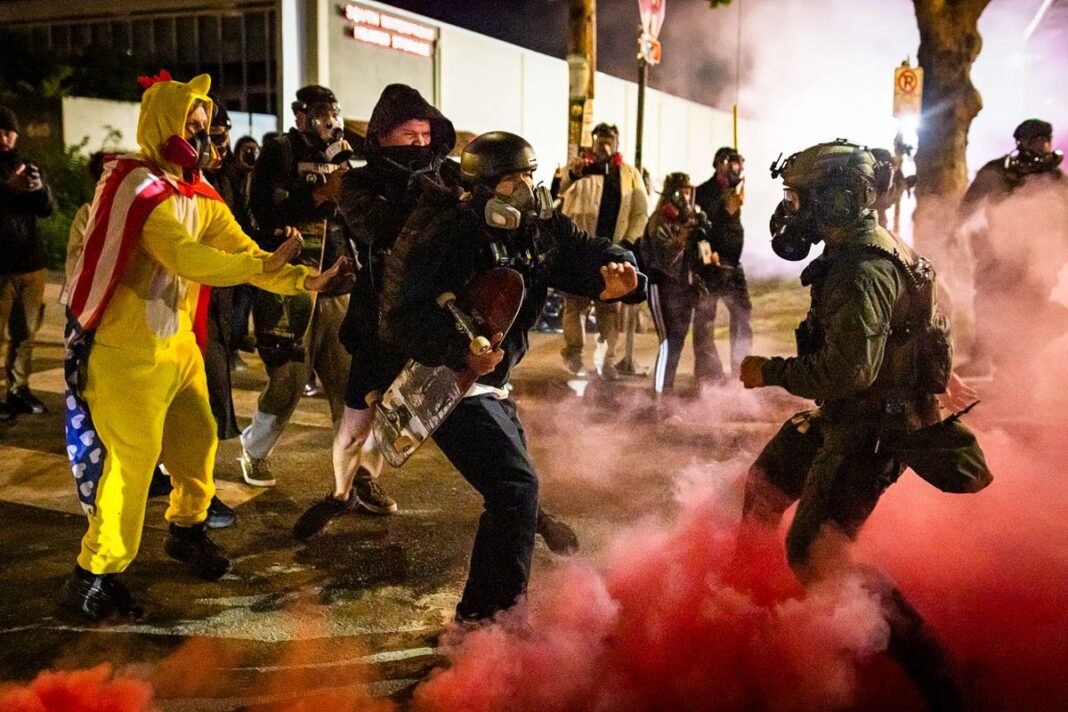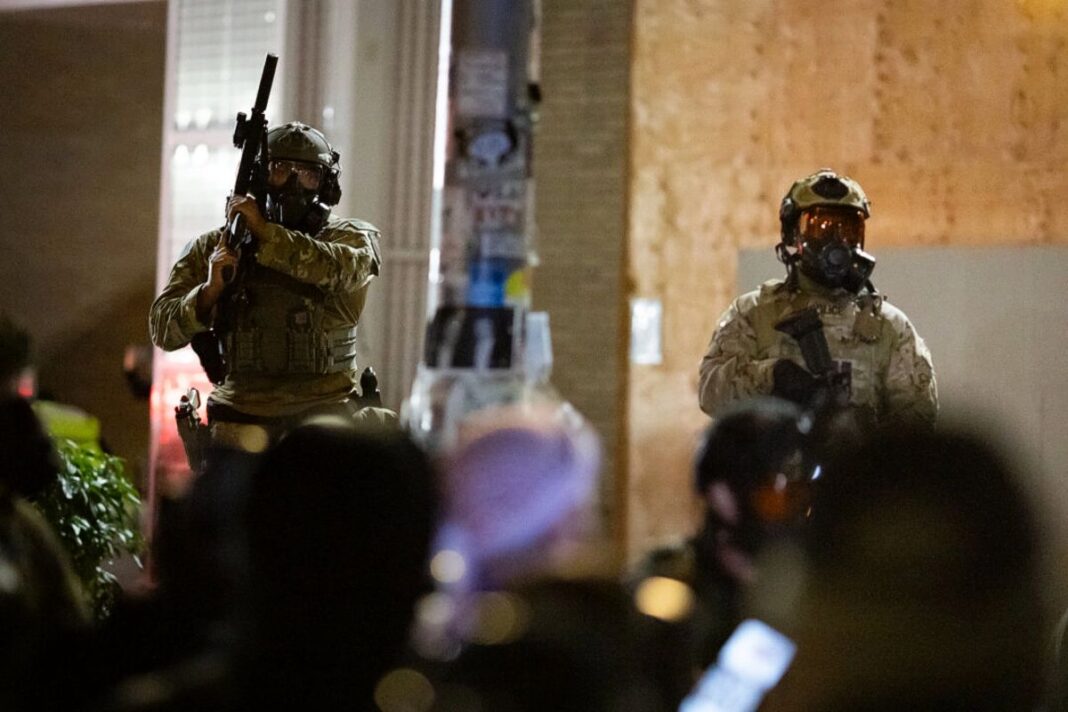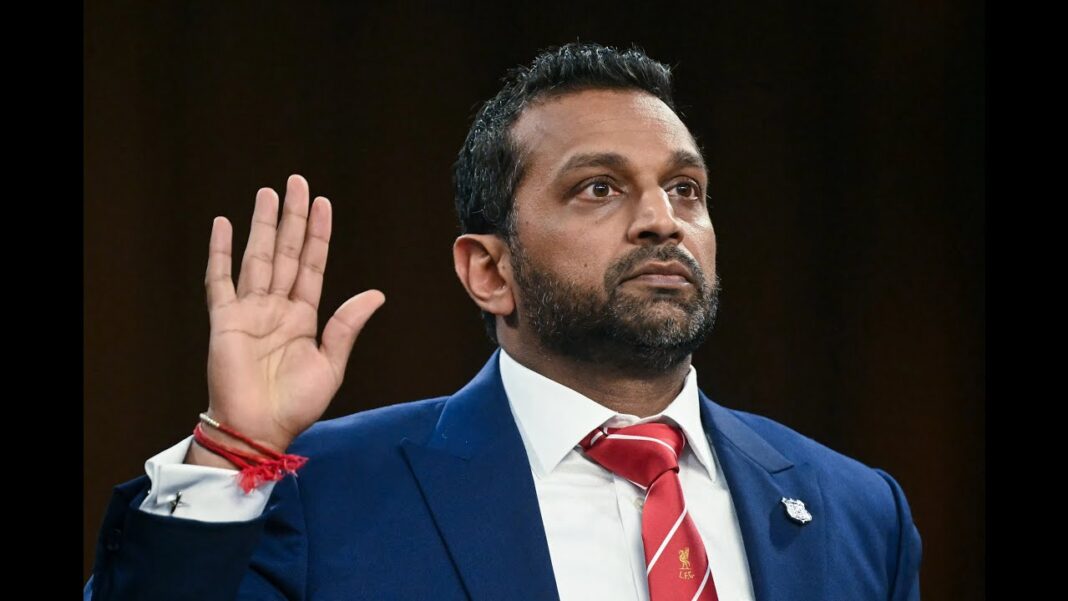The administration’s actions have raised legal questions about the balance of power between state and federal authorities.
President Donald Trump has announced his intent to send National Guard troops to major cities across the United States in an effort to combat criminal activity.
In response, some government officials have alleged that he’s exceeding his legal authority by disregarding certain limits Congress placed on his ability to federalize the National Guard.
The resulting controversy has raised questions about the balance of power between state and federal governments, as well as how far presidents should go in attempting to fight crime.
Trump has already encountered legal battles over his attempts to federalize state National Guard troops, in part due to a law known as 10 U.S.C. § 12406. In that law, Congress set limits on presidents’ ability to federalize the National Guard—specifically requiring either an invasion, rebellion or danger of rebellion, or an inability by the president to execute the law with regular forces.
This law has already come up in lawsuits from California, Oregon, and Illinois and could resurface depending on how state and local governments respond to future deployments.
Here are some of the key things to know about the battle over National Guard deployments to Portland, Ore., Chicago, Memphis, Los Angeles, and Washington, D.C.
Portland
War Secretary Pete Hegseth called 200 members of the Oregon National Guard into service but was quickly rebuffed by a judge in the state.
According to the Trump administration, federal immigration enforcement within Portland has been targeted with violence in recent weeks. White House press secretary Karoline Leavitt said during an Oct. 6 briefing that an Immigration and Customs Enforcement facility had been “under siege.”
“We saw again a guillotine rolled out in front of this federal building,” she said. “And so the President wants to ensure that our federal buildings and our assets are protected, and that’s exactly what he’s trying to do.”
Demonstrators in Portland could be heard yelling explicit comments and death threats towards federal agents. “The guillotine would be ready for them,” one wearing black-bloc clothing shouted. Some yelled “ICE out of Portland,” while a crowd of pro-ICE supporters were also seen over the weekend—with one holding a sign that read “God Bless ICE.”
The state of Oregon and city of Portland acknowledged activity outside of the ICE facility but denied that it was the kind of protest that justified federal intervention.
U.S. District Judge Karin Immergut agreed when she issued a temporary restraining order on Oct. 4. She recounted incidents such as individuals shining flashlights on drivers and setting up a makeshift guillotine. While these incidents were “inexcusable,” she said, “they are nowhere near the type of incidents that cannot be handled by regular law enforcement forces.”
The administration also violated the 10th Amendment, she said, by unlawfully attempting to federalize the troops. “Because the President is federalizing the Oregon National Guard absent constitutional authority, his actions undermine the sovereign interest of Oregon as protected by the Tenth Amendment,” she said.
The case became more complicated when the administration attempted to deploy members of the California National Guard to Portland—something California Gov. Gavin Newsom called a “breathtaking abuse of power.” That too was blocked by Immergut in a subsequent order on Oct. 5.
By Sam Dorman








